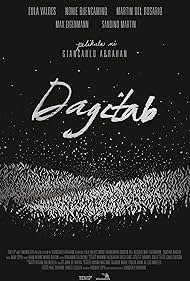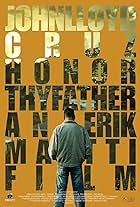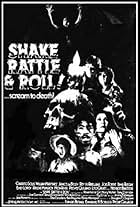To review and explain DAGITAB (2014), is like to give meaning to a poem. Director Giancarlo Abrahan V pulls together a lyrical, silent, and melancholic story of two academicians, married for years, and have viewed life as a road of passing phases. It is artsy, deep, and uncomprehending at some point, but it is good! Very good indeed.
Issey (Eula Valdez) and Jimmy (Nonie Buencamino) have been married for years. As the story begins, their relationship is already on the verge of falling apart. Jimmy takes flight in search of a relic for his work that involves a long lost love. Issey, on the other hand, gets involved in a scandal with a young student (who is also her godson) in the university where she and Jimmy work.
It's a simple plot, with simple scenes. But one can argue if they really are. DAGITAB makes use of long undramatic scenes that will still leave you breathless and wondering. The film presents two opposing symbols (fire and water), without shoving it down your throat. These symbols represent two opposing emotions: fire for passion and water for loss, and imagination. You see, it's just there: conveniently hidden for the idle, but still beautifully planted for the searching.
DAGITAB creates a wonderful example of poetry in film. Abrahan meticulously directs with utmost care to deliver a Cinemalaya entry that silently speaks a loud undertone.
Like the rhythmic form, it's brilliance is hidden in its silences, and its magnificence in its performances.
Just as I said: It's like poetry.


























